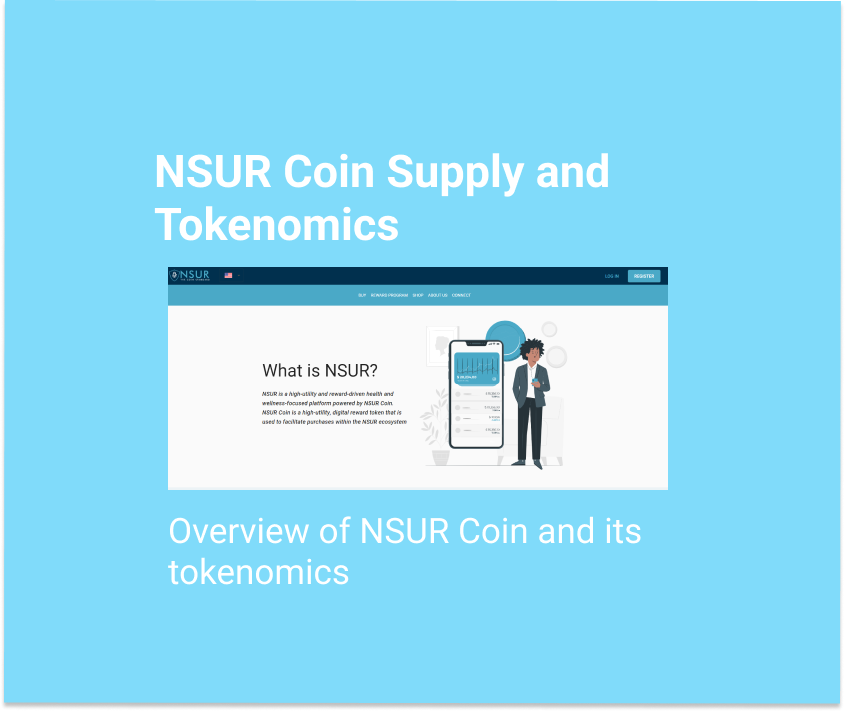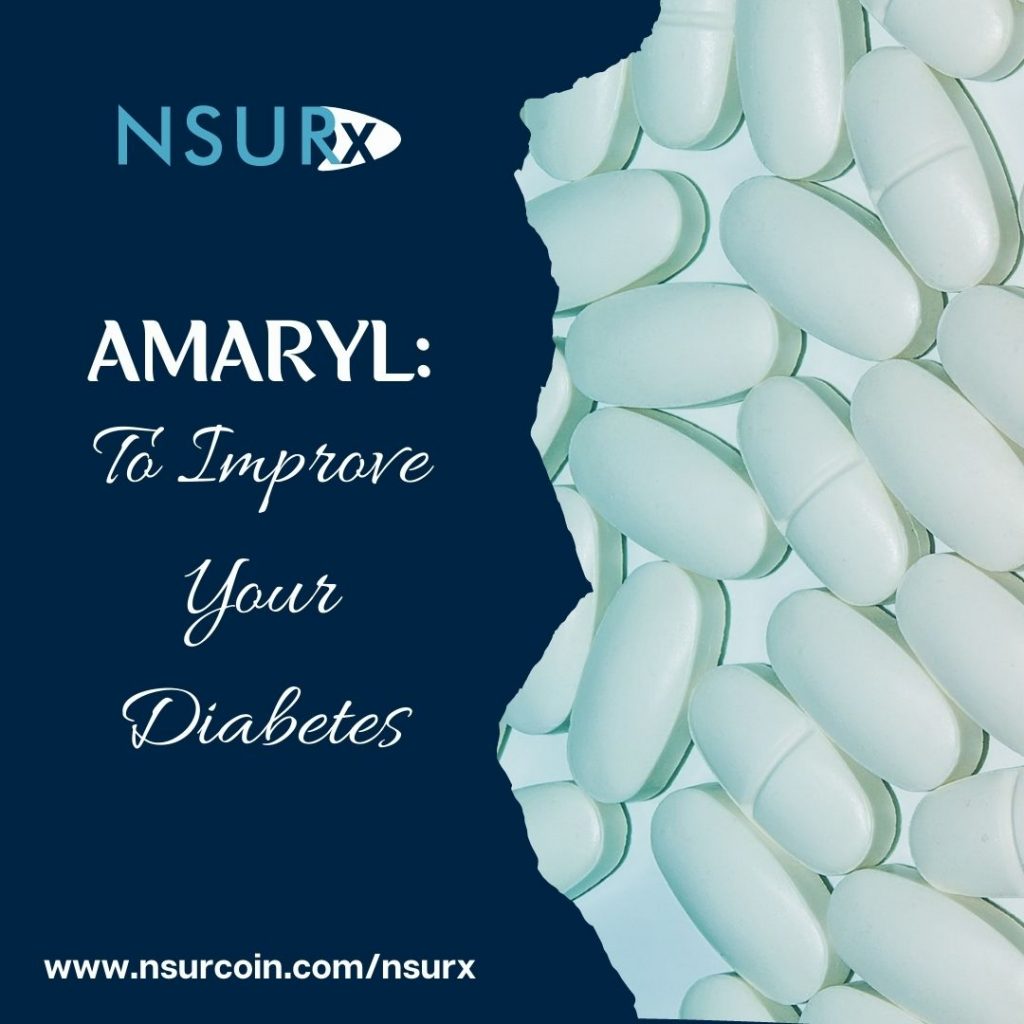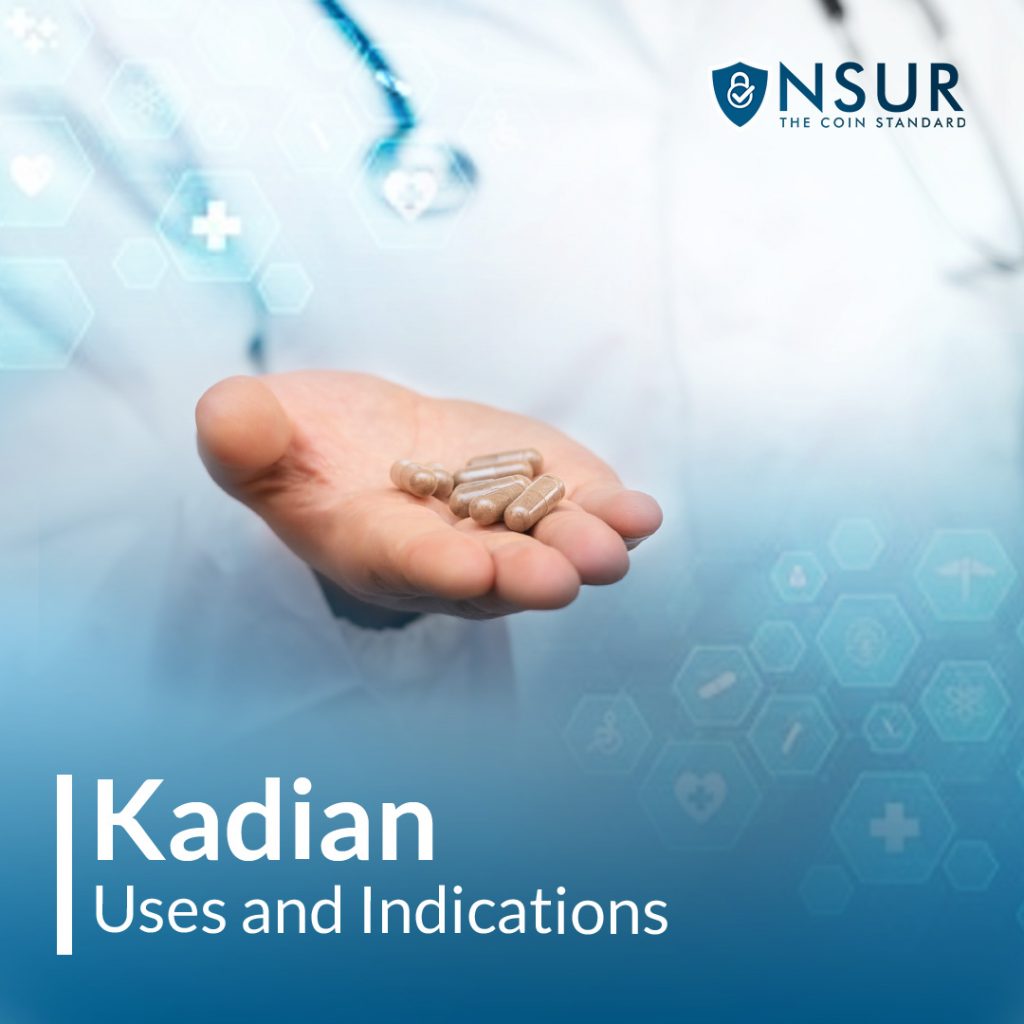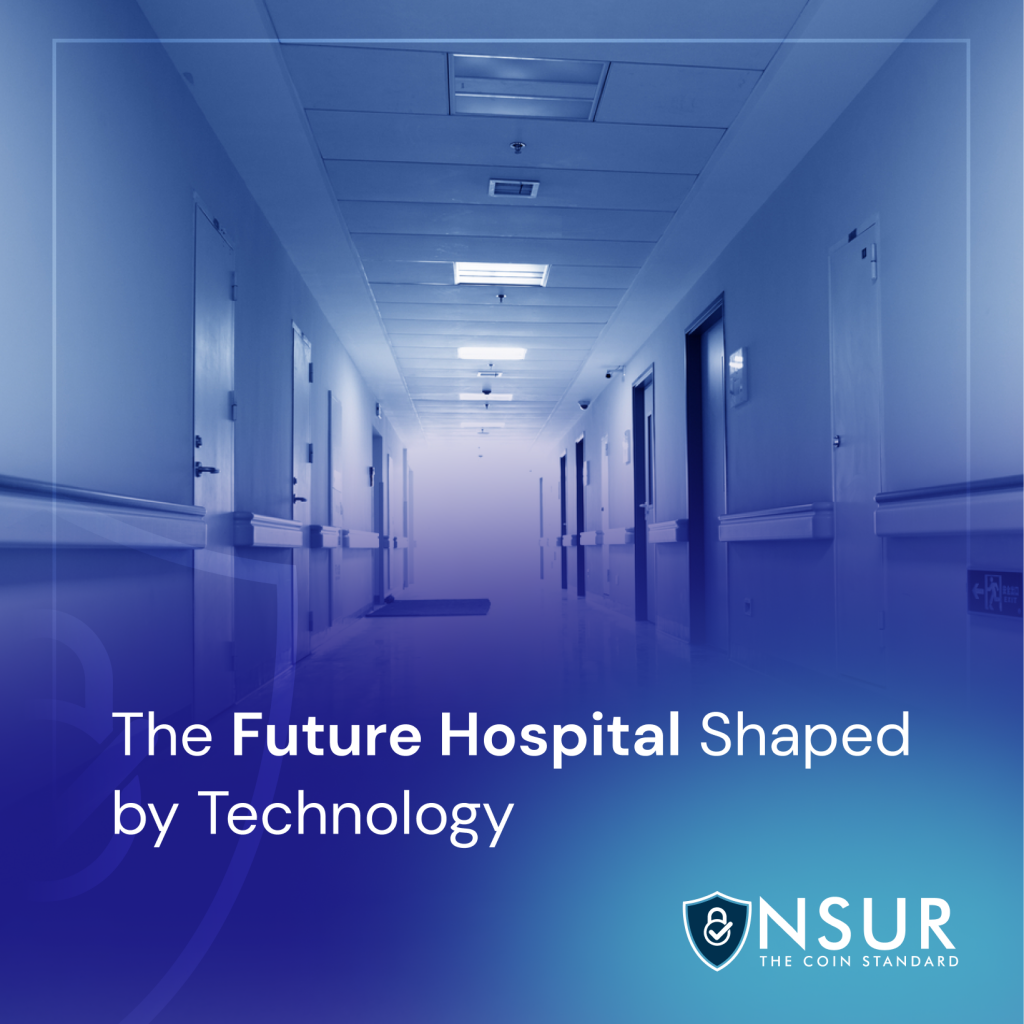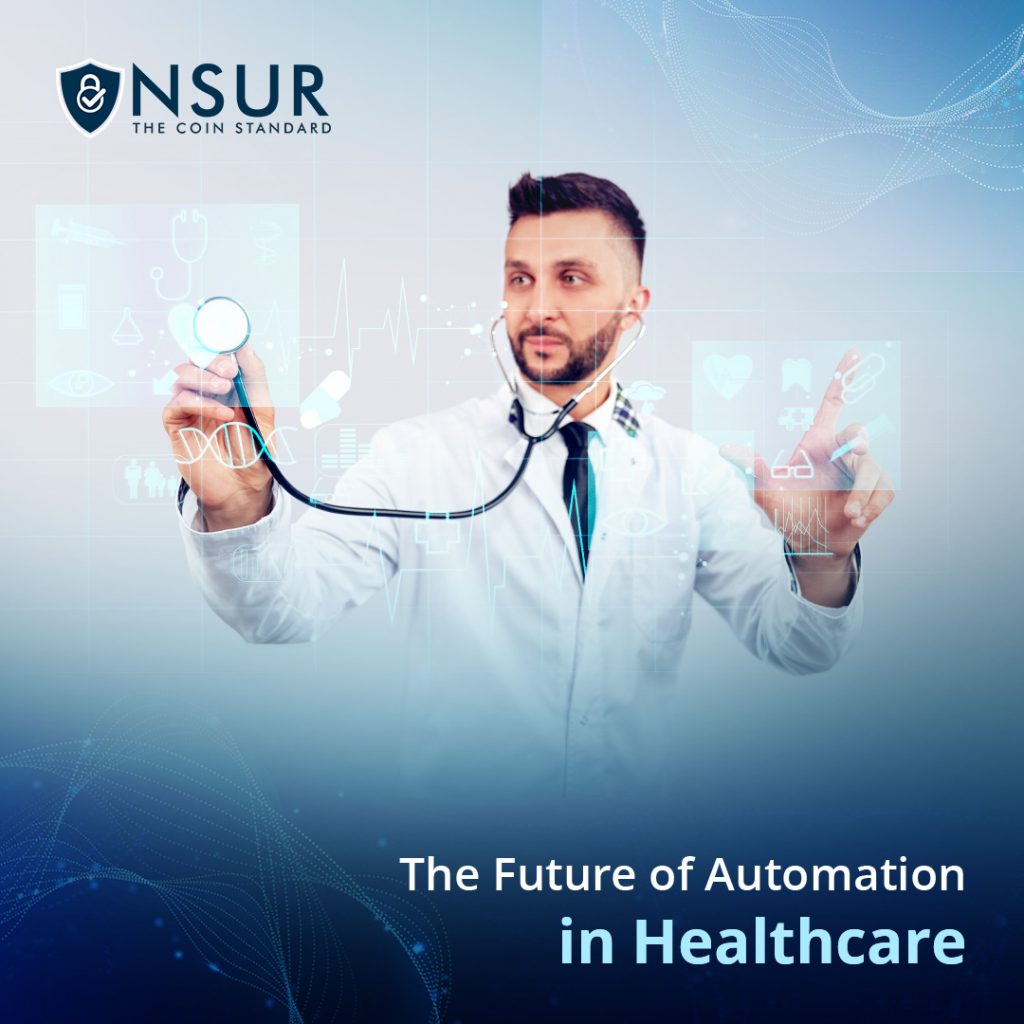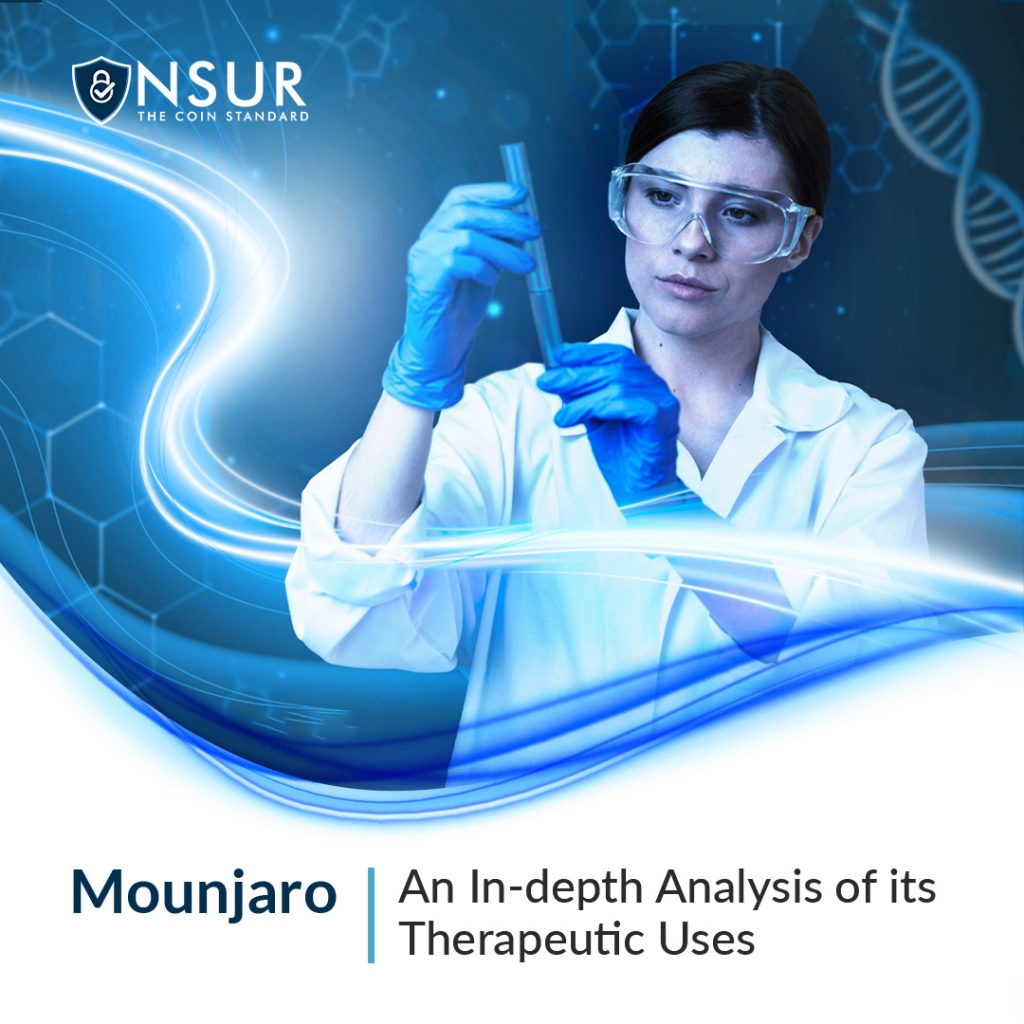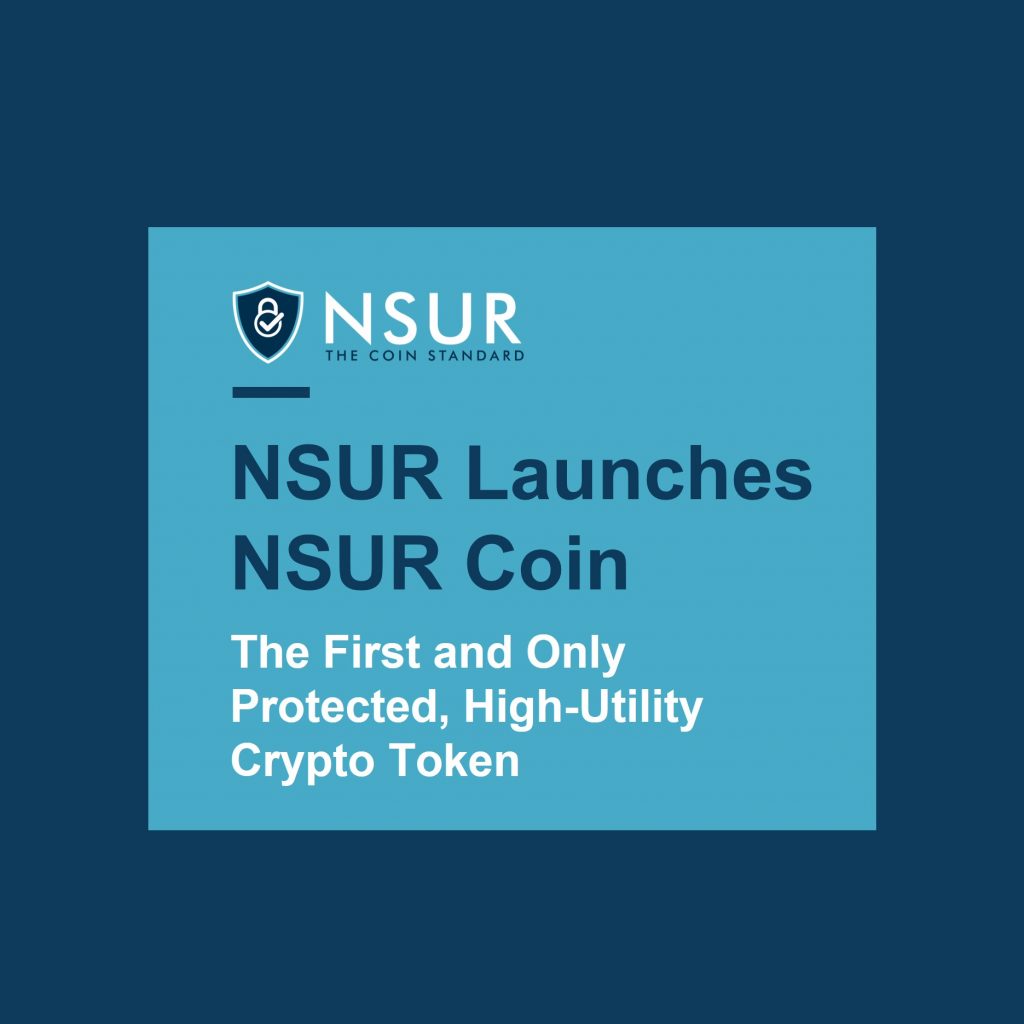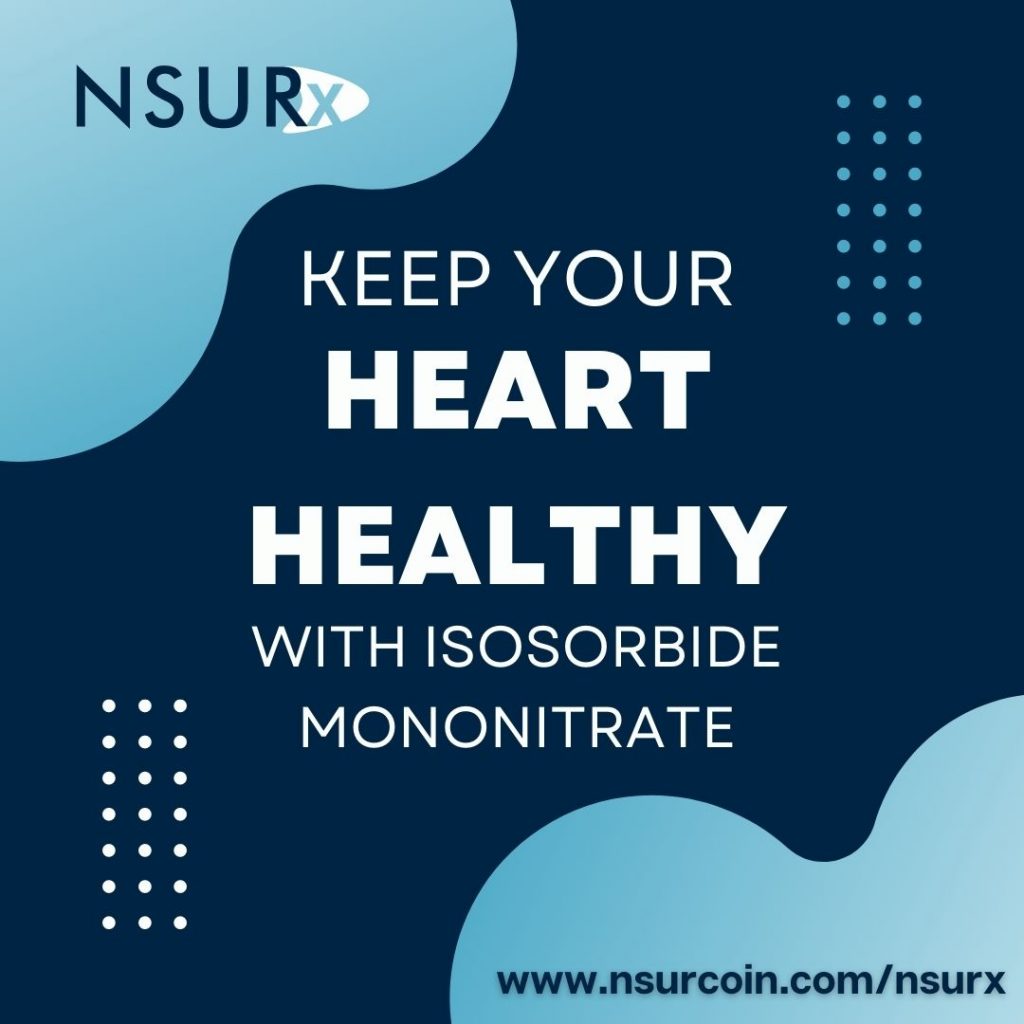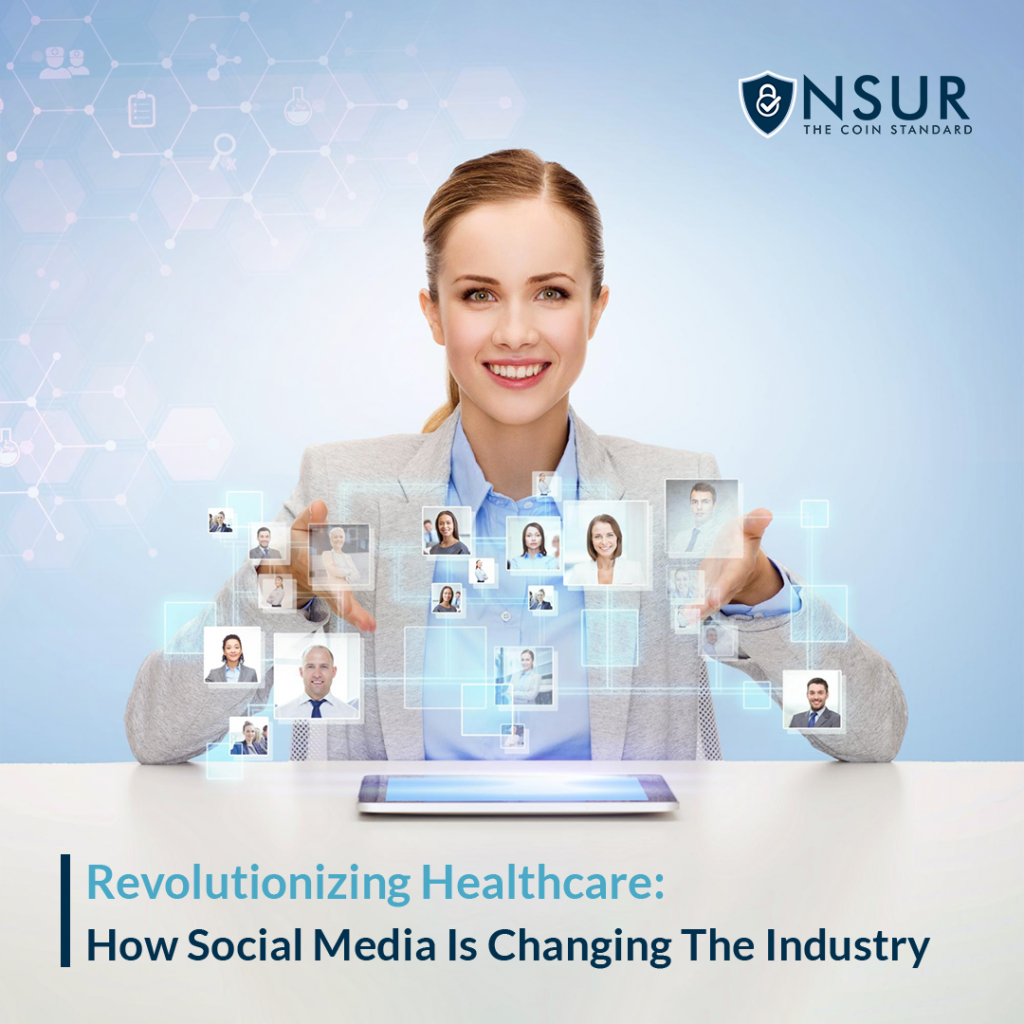
We live in a world where social media is an integral part of our daily lives.Technology has reduced distance and time, bringing us closer to complete connectivity than ever before. Social media has grown in popularity and power in a variety of industries. The healthcare industry has long embraced social media. It can reach a large number of people and engage them in meaningful ways, and it has become an essential part of modern healthcare.
In the healthcare industry, social media plays a much larger role. Despite its variety and complexity, it has a significant impact on those who use it. The rise of social media has led to significant changes in the way healthcare professionals and patients interact. Social media is playing a key role in educating, spreading health awareness, and promoting preventive measures, as well as improving communication between patients and healthcare providers. Furthermore, it can improve patient care and experiences by providing patients with real-time interaction and support. Healthcare organizations and professionals are reaping the most benefits from social media platforms such as Facebook, Twitter, Instagram, Pinterest, and many others. Not only healthcare providers, but even patients are also making the best use of social media to connect with the biggest online medical communities that are growing in large numbers.
In this blog, we will explore the role and benefits of social media in the healthcare industry.
Social media in healthcare: Why it’s important?
Social media can be an effective tool for improving healthcare outcomes. It allows for fast and widespread dissemination of medical information and provides non-official channels for disease reporting. Social media has the potential to educate hard-to-reach populations and connect patients all over the world for practical advice and emotional support.
It does, however, present challenges such as the possibility of inaccurate medical information, threats to patient privacy, and healthcare provider reputation management. Despite these obstacles, social media is essential for keeping up good public relations and cutting costs, and improving care in the healthcare industry.
What benefits can social media bring to the healthcare industry?
In healthcare, social media is providing incredible information and connectivity between healthcare providers and patients or users. Patients and healthcare providers can benefit from a variety of social media elements, including integrated social media, location-based social media, blogs, microblogs, reels, podcasts, and so on. Let us look at the benefits that social media can bring to the healthcare industry.
- Creating Awareness and Education
Social media has become an important key to raising public awareness and sharing educational content. One of the notable benefits of social media in healthcare is that it provides patients with access to reliable health information. Social media platforms like Facebook, Twitter, and Instagram have become the popular source of health information for millions of people worldwide. It’s a good way to share information on upcoming events, such as health check-up campaigns, blood donation campaigns, etc., with a large and diverse population. Hospitals, doctors, other healthcare providers, and patient advocates use these platforms to share the latest research and developments in the medical field, as well as tips on disease prevention and healthy living.
- Patient Engagement and Health Monitoring
Social media has altered the way healthcare providers interact with patients. Patients are often hesitant to discuss personal health issues, which can be difficult even for doctors and trained professionals. Social media has improved patients’ online communication with doctors and nurses; they can ask questions and receive advice in real-time. This has made healthcare more accessible to people who may have difficulty accessing care, particularly those living in underserved, remote areas or with mobility issues. As an example, a healthcare organization could launch a social media campaign to promote child care and mental health for postpartum women by encouraging them to speak openly about their mental health struggles. Nowadays, people share a variety of information on social media, including health-related hashtags such as #dengue, #COVID-19, and many more which can provide insights into disease outbreaks in new locations or postcodes. Public health organizations can even assess the severity of symptoms reported by users by using appropriate social media monitoring tools.
- Counter Spreading of Misinformation
Healthcare institutions and medical professionals are pioneering new approaches to providing valuable healthcare resources and information. Social media is a powerful tool for quickly spreading information to diverse groups, especially when the information is accurate, helpful, and concise. However, there is a risk of spreading incorrect information. Some users may struggle to determine the genuineness of the information they come across, which is why healthcare organizations are starting to use social media to prevent the spread of inaccurate medical information.
- Boost Marketing and Advertising
Marketing and advertising are crucial elements for business development in all types of industries. Social media has become one of the best marketing tools for healthcare organizations to connect. Hospitals, medical centers, clinics, diagnostics centers, and labs can use social media platforms to promote their services and connect a broader audience. This has not only helped healthcare providers to increase their visibility but also attract new patients. For instance, the recent growth of Tik Tok has made it a melting pot for healthcare professionals to share bite-sized, entertaining, and informative content. A variety of health advice and chronic condition information are included on the site, along with a light-hearted look at popular home remedies. Furthermore, healthcare organizations must comply with HIPAA and FDA regulations. It is imperative to follow strict rules and regulations when using social media in the healthcare industry. This is especially important for professionals who share sensitive public information.
- Research and Recruit
For medical researchers, social media platforms have also become a valuable source of data. Researchers can use social media to collect data on patient experiences, attitudes, and behaviors, which can provide valuable insights into a variety of health conditions. Social media can also be used to recruit participants for clinical trials, allowing researchers to access a more diverse patient population. Another benefit of social media to any healthcare organization is in recruiting high-caliber candidates to ensure positive patient experience and better outcomes. Healthcare organizations can use social media platforms like LinkedIn, Twitter, and Facebook to attract job applicants and recruit top talent. Healthcare organizations can reach a larger audience and connect with qualified candidates by sending messages to people with specific job titles and sharing information about job openings.
- Provide Answers to FAQs
Healthcare organizations and professionals can use social media to respond to frequently asked questions from patients and service users. Many digital and social media platforms provide a help desk and chat-bots to answer questions and direct users to the appropriate resources and information. It may be possible to counter misinformation by doing this.
Analytics insights are provided
Social media analytics can help healthcare marketers tailor their messaging and outreach efforts by providing valuable insights into consumer behavior and preferences. It can assist in identifying trends, measuring campaign success, and monitoring brand reputation. Healthcare marketers can make informed decisions and optimize their marketing strategies by leveraging social media data to better engage with patients and reach their target audience.
Benefits for Patients
Social media benefits patients by lowering costs, improving self-monitoring, making healthcare provider information easily accessible, and allowing interaction with other patients to make informed decisions. It also makes patients feel supported and less isolated. Furthermore, social media analytics provide hospitals with real-time data, allowing patients to ask more informed questions of providers, insurers, and others.
Benefits for Healthcare Institutions
Healthcare businesses are increasingly using social media for a variety of purposes, including the creation and distribution of organizational news and services, the dissemination of information about community events, and the engagement of patients and potential patients. Social media can also be used to share success stories and provide health and wellness information. It enables customer outreach and the development of online communities, allowing patients and individuals to interact with one another. Overall, social media is an effective tool for healthcare organizations to reach a larger audience and build relationships with patients and other stakeholders.
Challenges of social media
There is no doubt that every technology brings both challenges and immense benefits. Healthcare organizations face numerous challenges in adopting social media due to risk aversion and privacy concerns, as well as security and HIPAA violations. Security risks, such as the use of GoLinks.com, are of particular concern to hospital IT departments. Privacy controls and security features are likely to be added as social media evolves, but users should be aware that anything posted on open-access sites is publicly available and will be available indefinitely. Furthermore, issues such as inappropriate information sharing and professional-personal boundary concerns should be addressed.
Conclusion
In conclusion, social media has become an essential part of our daily lives, and it is not surprising that the healthcare industry has embraced it very graciously. From educating and raising awareness to improving patient care and experiences, the use of social media has had a significant impact on how healthcare professionals and patients interact. It has also served as a platform for the exchange of medical information, the connection of patients with healthcare providers, and the promotion of preventive measures. However, social media poses challenges such as the dissemination of inaccurate medical information, threats to patient privacy, and the management of healthcare provider reputation. Despite these challenges, social media remains an important tool in the healthcare industry for reducing costs, improving care, and maintaining good public relations. Healthcare providers can make the best use of social media to connect with patients, promote their services, and reach out to hard-to-reach populations by following all rules and regulations strictly. Conclusively, social media is a priceless resource for healthcare professionals and organizations. It provides a distinctive platform for the healthcare industry to leverage in their quest for better healthcare delivery.
